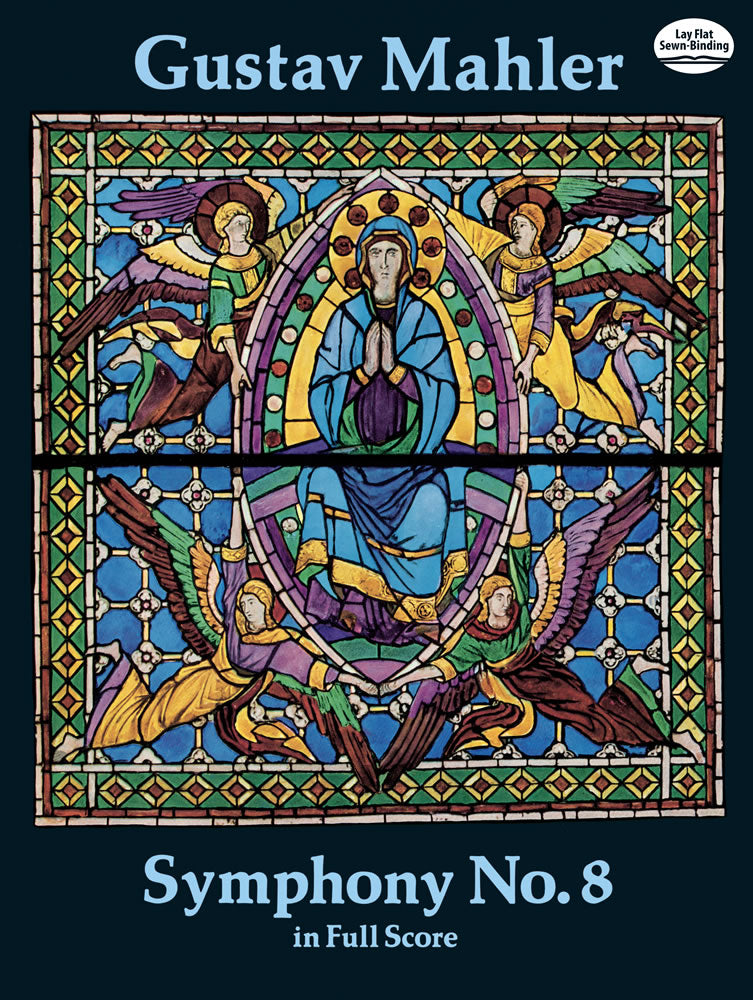
Dover Publications - 486
Mahler Symphony No. 8 In Full Score
Composer: Gustav Mahler
Publisher: Dover Publications
Format: Full Score
Binding: Paperback
Dimensions: 9.38 in x 12.25 in
Pages: 272
Mahler Symphony No. 8 In Full Score
Juilliard Store
144 West 66th Street
New York NY 10023
United States
Choose options
Mahler Symphony No. 8 In Full Score
Juilliard Store
144 West 66th Street
New York NY 10023
United States
Mahler Symphony No. 8 In Full Score
Juilliard Store
144 West 66th Street
New York NY 10023
United States
Mahler's massive complex "Symphony of a Thousand" has been called a crowning achievement of his career, a work that integrates on a truly grand scale the musical ideas, forms, and media that dominated his creative life. The symphony is in two parts. The first is a setting of words from the medieval Latin hymn "Veni, Creator Spiritus." The words of the second part are taken from the final scene of Goethe's Faust. The theme of this amalgam is the redemptive power of love, and its form is a powerful synthesis of motet, dramatic cantata, oratorio, song cycle, and symphony.
Mahler scored the work for orchestra, eight solo voices, double chorus, boys' choir, and organ, eliciting from this mighty consortium the most subtle of musical nuances one moment and majestic torrents of sound the next. This authoritative full-score edition makes the Symphony No. 8 available at a reasonable price to all students and performers of Mahler, and all music lovers who wish to immerse themselves in the glories of this monumental masterpiece.
Reprint of the Izdatel'stvo "Muzyka," Moscow, 1976 edition.
